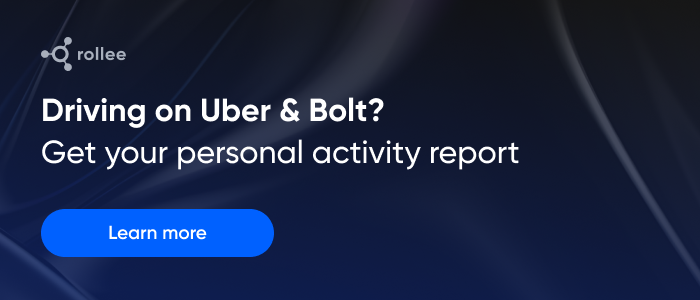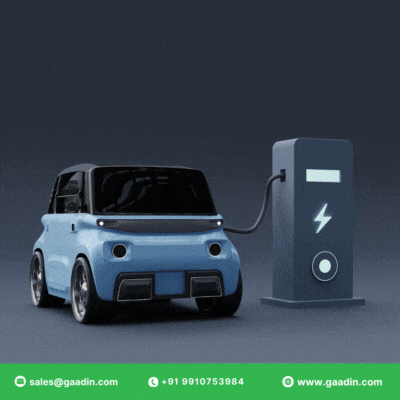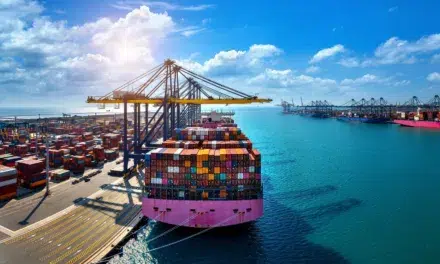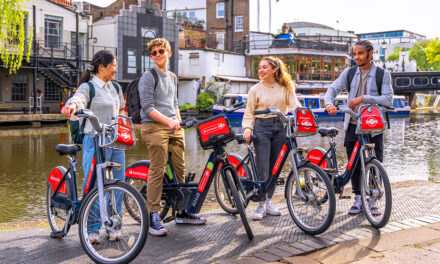This seems to be the season for U-turns, so as I write this blog, in which I was going to go into more detail about the VAT on fares issues, I have received the first bit of information regarding Uber’s VAT settlement. So, I am going to take a broader look at what is going on, and what I think may happen in the future.
VAT seems to be on everyone’s radar again, as is TFL’s need for clarity on operator contracts and the obligations relating to the Uber v TFL V App Drivers Union etc. As I write, the shadow of the Sefton versus TFL case looms. As I have said many times, this is all fluid and yet to be decided. I will explain more later on.
VAT SETTLEMENT
Uber is paying HMRC £615m to settle all outstanding VAT claims, but the sum is much lower than the £1.5bn the tax authority had reportedly raised in VAT assessments.
Uber confirmed recently that it had resolved the HMRC VAT claims, and that they were paying HMRC the sum during its fourth quarter to resolve the outstanding VAT claims. The announcement came as they announced that globally gross bookings grew 26% to $29.1bn and revenue increased by 72% to $8.3bn.
Advertisement
This issue is not new and has been in dispute for some years now, and even though the tech ride hailing app seems to be a magnet for controversy, this is an age-old fight that we have had with HMRC on the movement of money through operators’ books.
HMRC wanted Uber to charge the standard rate of VAT for gross bookings not on the admin fee (what we would call circuit rent or commission) that the company charges drivers. Previously, they accounted for VAT with the driver providing the service to the customer. This is rather than as a principal transport provider, which is roughly the principal and agent position for VAT that everyone is talking about now.
Uber previously claimed that it should only pay VAT on the commission it receives from the driver, as the company had seen its role as the agent, which left the VAT burden on the fares shifted to its drivers. However, most drivers were earning below the £85,000 VAT registration threshold, and were therefore not obligated to charge VAT.
There are two things to take from this; firstly, it was made clear by Jolyon Maugham who began the process that the figure Uber paid was considerably “Less than HMRC was asking for”, also “there are some very serious unanswered questions about why HMRC appears to have settled the dispute with Uber for such a low sum,” (it was originally thought to be £1.5b.
Secondly, the existing case was turned on its head when, following the High Court ruling against Uber in December 2021, wherein it was ruled that they were the principal service provider (not the driver), HMRC pushed for retrospective VAT payments. Although I still dispute the validity of the ruling to refer to VAT, following this ruling, Uber itself decided to impose VAT on its service from March 2022. And so there it is.
I have already stated (alongside that industry doyen Steve Wright of the LPHCA) that if we continue as a trade to shout about VAT, it will become a self-fulfilling prophecy by drawing the hungry gaze of the Taxman to our door. And lo and behold, thanks to Steve, who shared this with me this week:
Daniel Zeichner MP raised this oral question regarding ‘Private Hire Operators: VAT’ in the House of Commons on 13th October 2022.
The response from Lucy Frazer MP, as Minister of State (DfT), was as follows (as found at https://hansard.parliament.uk/Commons/2022-10-13/debates/45407707-AB36-48D6-A1F0-09B8F0590859/details):
Advertisement
“…His Majesty’s Revenue and Customs is considering any implications that that may have on VAT payable by private hire vehicle operators. As he will know, the Government always keep all taxes under review. I am sure that theMinister responsible for this area, Baroness Vere in the other place, (House of Lords) will be happy to meet him.”
IN CONCLUSION
Is this definitely going to mean VAT on fares? no. Remember the contracts for Uber and many other ride-hailing apps are a long way from the models used by the ‘average ‘operator.
Do we have to panic? maybe, the eyes of the legislators and the taxman are now firmly on us. What I will leave you with is this:
Our trade needs people to use our service, however, If the entire country as one adopted VAT on private and public hire fares, the poor public would foot the bill, not the operators or the drivers. Paying VAT means you become a tax collector for the government, collecting their tax and passing it on. VAT money should not be relevant to a company’s actual profitability, it just hurts a little for consumers who cannot claim it back. I will, of course, keep you all posted as this develops.



















Leave a Reply